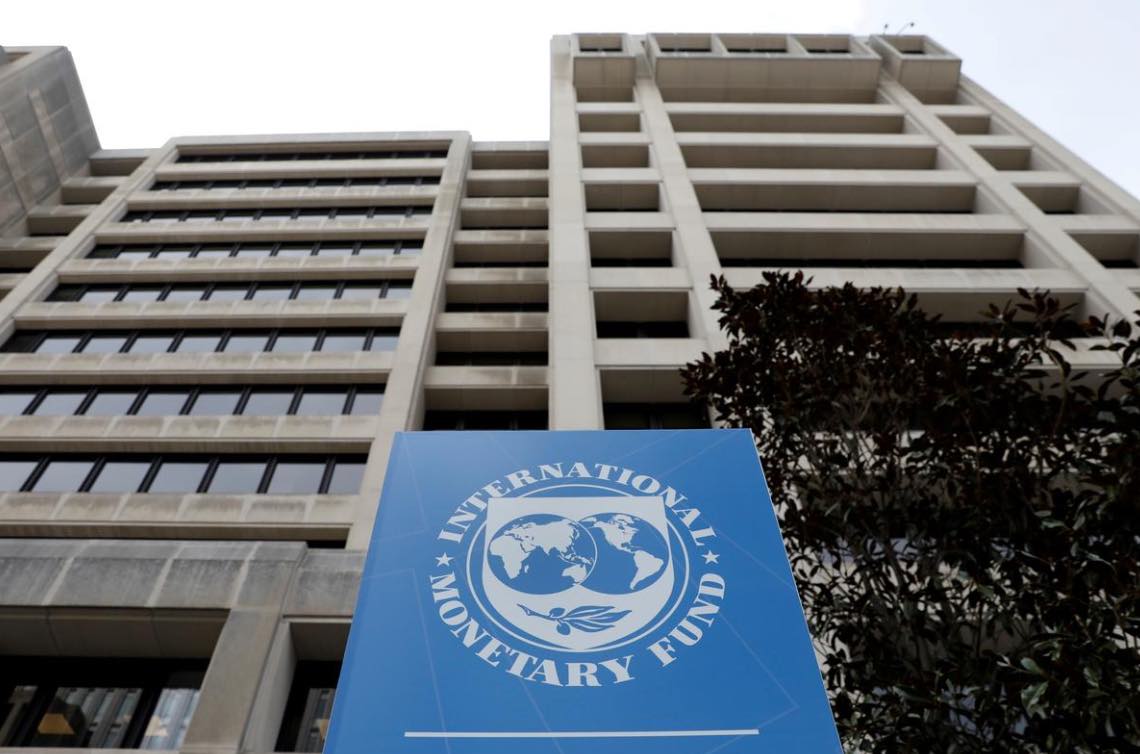New public tax laws on a broad array of products and services were technically entered into force on Friday, as part of an economic reform approved by the IMF three weeks ago.
According to the plan, taxes will rise on cigarettes, beer, soft drinks, electricity, an assortment of licenses, advertisements and real estate.
In addition, the new laws also spell out new taxation rates for several income brackets, according to a series of decisions by President Mohamed Morsy published in the Egyptian Gazette, the official law bulletin, on Thursday.
Morsy has approved amendments to the tax law on income, stamps and licensing, sales and real estate.
Government sources said the taxes were part of a government reform plan drafted as part of a US$4.8 billion International Monetary Fund loan package.
Morsy issued the new tax laws under the auspices of his 12 August constitutional declaration, which granted him full legislative powers.
The sales tax on cigarettes was raised by 50 percent of the retail price, coming to a new total of LE2.50 per pack for imported cigarettes and LE2.00 for domestically produced cigarettes.
Taxes on local and imported beer were increased to a substantial 200 percent of the product’s retail price, with a minimum cost of LE400 per 100 liters.
Taxes on local and imported alcoholic beverages were raised to 150 percent, with a minimum cost of LE15 per liter.
Consumers will also see a 25 percent raise in taxes on both local and imported carbonated beverages, including Coca-Cola and Pepsi.
The amendments also imposed a new 10 percent tax on all advertisements that cost up to LE1 million, a 15 percent tax on those between LE1 million and LE25 million, and a 25 percent tax on those more than LE25 million. Public service announcements and job listings are exempt from tax.
Morsy also decided to levy a LE0.90 tax on permits and a LE3 tax on licenses issued by administrative authorities.
Morsy also set the cost of licenses for quarries, nightclubs, cinemas and brick factories at LE1,000 per year, and those for butcheries and workshops at LE100 per year.
Licenses for trucks with a loading capacity exceeding 15 tons were set at LE18, for more than five tons at LE15, and for less than five tons at LE12.
A tax of LE3 per year was levied on water and electricity, and an additional LE0.03 on every kilowatt of electricity.
Egyptians will also pay an additional LE0.006 on each cubic meter of natural gas, if used for non-industrial purposes, up until 20 cubic meters. After that, consumers will pay LE0.25 on each additional cubic meter.
A tax of LE0.09 will be levied on each kilogram of butane gas used for non-industrial purposes, and a tax of LE3 per ton of gas and butane gas consumption for industrial purposes.
Morsy’s new laws also impose a tax of 10 percent on profits generated by individuals or companies from the stock market’s Initial Public Offering (IPO), to be applied to market members who are both residents and non-residents of Egypt.
Real estate taxes were also amended.
As of 1 July 2013, there will be a new tax on rental properties, which will be calculated by taking 10 percent of the annual rental value of the property after deducting 30 percent of that value, or 32 percent in the case of properties used for non-housing purposes.
Article 18 specified that housing properties with an annual rental value less than LE24,000 would be exempt from taxes, but the exemption is to be applied to only one property per owner.
The timing of the laws could prove politically risky for Morsy, whose legitimacy has been challenged by massive protests since he issued his constitutional declaration over two weeks ago, and pushed through a draft of the constitution to referendum on 15 December. In the past two weeks, large-scale demonstrations have been held in front of the presidential palace, and clashes between pro- and anti-Morsy demonstrators have left at least seven dead.
Morsy may have felt pressure to issue the laws ahead of a 19 December meeting in Washington, DC with IMF leaders, when they have said they would finalize the loan agreement.
The Egyptian government’s budget deficit stands at 11 percent of GDP, according to Finance Ministry figures from November. Having already borrowed heavily from domestic banks, many economists say Egypt needs both the IMF funds and vote of confidence for the government’s fiscal plan.




